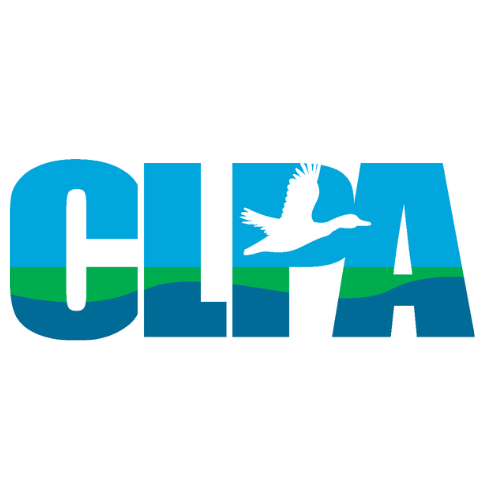
Use Phosphorus Free Lawn Fertilizer
Help protect and preserve water quality in Canobie Lake.
Too much phosphorus in lakes will cause excessive growth of algae and large aquatic plants which create ecosystem imbalances resulting in loss of other native life. High levels of phosphorus in the lake can also lead to algae blooms that produce toxins which can be harmful to animal health.
Fertilizers are all marked with a set of 3 numbers on the bag. They represent Nitrogen – Phosphate – and Soluble Potash. Always use fertilizers with a zero middle number as shown. Most garden centers carry phosphorus free fertilizers
Fall is a Great Time to Clean Up Canobie
With the lake level low, this is a great time to clean up around the lake. We encourage folks to rake up debris around the edge of the lake, and dispose of it. Lots of junk washes in during the year. Leaves and branches left in the lake will ultimately decompose and add to the sediment at the bottom. This forms a rich soil for weeds to grow, and we don’t need any more of them! If we all clean up around our own shorefront, the combined effect will be a beautiful lake.
Have you noticed lots of weeds in the lake?
There are a lot more than normal, unfortunately. One cause is something we can all do something about- reduce the runoff of phosphorus into the lake.
Phosphorus, or phosphate, is a fertilizer component that is critical to weed growth in lakes. It is present in many lawn and garden fertilizers. It's the second number in the three number label which most fertilizer bags have. A typical lawn fertilizer might be 28-4-6; the 4 means 4 percent phosphorus. The good news is that many lawn fertilizers now on the market in NH have zero percent phosphorus - the middle number is 0. Please use those whenever you can. In NH there is enough phosphorus in the soil and in rainfall to meet the need for most lawns.
Another significant source of phosphate is from dishwasher detergent. Not dish soap used when washing dishes by hand and not laundry soap; most of that is phosphate-free. But detergent used in automatic dishwashers, whether solid, powder or gel, usually contains phosphates. But there are some dishwasher detergents available in local stores which are phosphate-free. Examples are: Planet Free and Clear, Cascade Complete, Seventh Generation Ultra Power Plus Gel, Ecover Automatic Dishwasher Soap Tablets, and more. Check the label to be sure.
For the Top Ten Ways to keep lakes healthy, check out this short summary: https://nhlakes.org/wp-content/uploads/1-Lake-Friendly-Actions-Top-10-Ways-to-Keep-Lakes-Healthy-NH-LAKES.pdf
Don't Let Yard Waste in the Lake
We'd like to encourage folks to not let yard waste get in the lake. This is especially important at spring and fall clean up times. Yard waste includes leaves, grass clippings, branches and brush. This material ultimately settles to the bottom of the lake, decomposes and makes a fertile bed for weeds to grow. And we're all concerned about keeping the weed growth down.
LakeSmart Living
At the CLPA Annual Meeting Krystal Costa spoke about the LakeSmart Lake-Friendly Living Program offered by NH Lakes. It's a free, voluntary certification program that recognizes and rewards property owners who maintain their homes and the surrounding landscape in ways that help keep lakes clean and healthy. A comprehensive guide to the program and supporting resources can be obtained here:
Please don't put yard waste in the lake
We'd like to encourage folks to not put yard waste in the lake. This includes leaves, grass clippings, branches and brush. This material ultimately settles to the bottom of the lake, decomposes and makes a fertile bed for weeds to grow. And we're all concerned about keeping the weed growth down.
We know that some leaves blow into the lake naturally. But we don't need to add to it. That just accelerates a process called eutrophication, which is not a good thing. If you see somebody doing it, please give them a friendly reminder that it's not good for the lake. If you don't have a place to put yard waste on your own lot, Windham and Salem provide places where it can be dumped and turned into compost.
